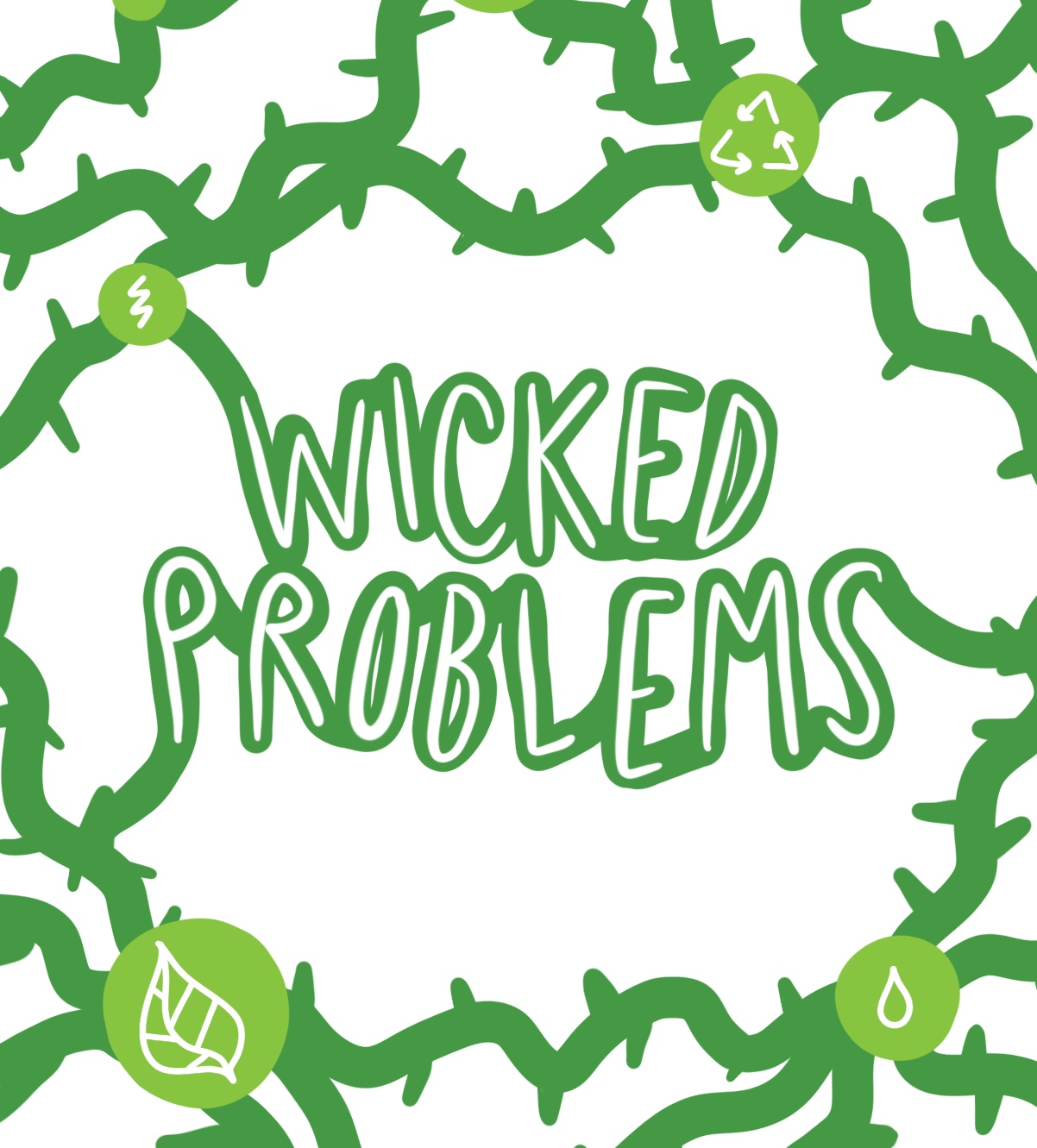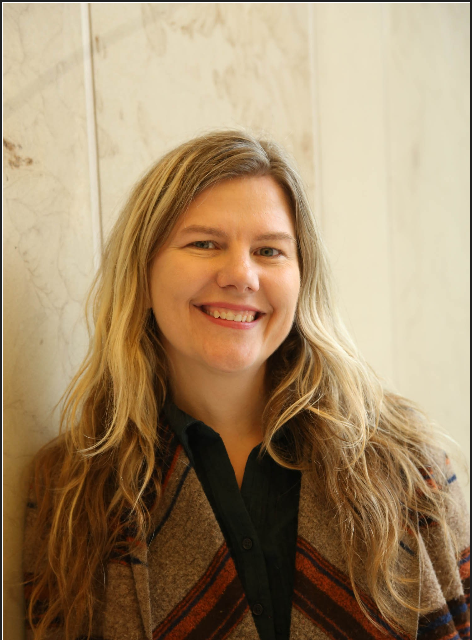The following Speakers will be presenting at various times throughout the week at the Summer Workshop. Check back often for updates.
Statistician Talithia Williams is an innovative, award-winning Harvey Mudd College professor, a co-host of the PBS NOVA series NOVA Wonders and a speaker whose popular TED Talk (“Own Your Body’s Data”) extols the value of statistics in quantifying personal health information. She demystifies the mathematical process in amusing and insightful ways to excite students, parents, educators and community members about STEM education and its possibilities. In 2015, she won the Mathematical Association of America’s Henry L. Alder Award for Distinguished Teaching by a Beginning College or University Mathematics Faculty Member, which honors faculty members whose teaching is effective and extraordinary, and extends its influence beyond the classroom. It is this excellence that attracted the attention of online educational company The Great Courses, which selected Williams to provide “Learning Statistics: Concepts and Applications in R,” a series of lessons in which she provides tools to evaluate statistical data and determine if it’s used appropriately.
Williams is a proud graduate of Spelman College (B.A., math), Howard University (M.S., mathematics) and Rice University (M.S., Ph.D., statistics). Her research focus involves developing statistical models that emphasize the spatial and temporal structure of data and applies them to problems in the environment. She’s worked at NASA and the National Security Agency and has partnered with the World Health Organization on research regarding cataract surgical rates in African countries. Faith and family round out a busy life that she shares with a supportive husband and three amazing boys. Through her research and work in the community at large, she is helping change the collective mindset regarding STEM in general and math in particular, rebranding the field of mathematics as anything but a dry, technical or male-dominated but, instead, a logical, productive career path that is crucial to the future of the country.
Dr. Sunshine Brosi is the President of the Society for Economic Botany; the premier ethnobotanical research society. She is an Associate Professor of Ethnobotany and Forest Ecology at Frostburg State University in western Maryland where she runs the only Bachelor’s-level program in Ethnobotany in the US. She has a PhD in Natural Resources (University of Tennessee), a Masters in Forestry (University of Kentucky), and a BA in Environmental Studies (Warren Wilson College). She has taught over sixteen different courses including field courses in Cherokee, NC, Harlan County, KY, and rural Alaska. She focuses on attracting and retaining women and minorities into natural resources programs through including culture while teaching biological concepts and competencies.
Including the Culture in Biology: Appealing to the Broader Student Demographic
Solving wicked problems starts with asking the right questions of ourselves and to our students. Are we relating to our students? Who, what, why, and where are we teaching? How do we know it is working? How can we increase the quality of our teaching and save time? A few examples we will explore include spatial modeling exercises focused on the luxury effect problem of unequal access to green spaces in urban environments. Solutions include socio-ecological prioritization of tree plantings in Washington, DC a problem focused on relevancy to the students’ lives, teaching specific career-centered skills, and engaging them in environmental justice issues. In excursion-based blended courses students focus on mathematical models of sustainability of socioecological keystone species essential to cultural and ecological preservation of resources for Federally Recognized Tribes. These projects focus on intercultural proficiency including cultural sensitivity, communication skills, openness to cultural diversity, and global mindedness. Projects include materials for basketry and dyes with the Eastern Band of the Cherokee Nation in North Carolina, Yup’ik and Inupiat Communities in Alaska, and availability of edible and medicinal plants important to food sovereignty and health with the Rosebud Tribe of Lakota in South Dakota. Engaging students as agents of positive change includes creating scientifically accurate depictions of rare, threatened, and endangered plants and animals for protest signs to promote wilderness and to ban hydraulic fracturing in Maryland. Teaching biology through the lens of culture appeals to the broader demographic of learners include women and minorities. The human context and applied service-based projects creates a comfortable and engaging learning environment and frame science as valuing cultural traditions and benefiting local communities. These projects teach our disciple as a way of thinking and focus on embedding quantitative skills in case-based and place-based pedagogical approaches.
Using Case Studies to Engage Students in Wicked Problems
Stacey Kiser
Pat Marstellar
Aditi Pai
Justin Pruneski
Ethel Stanley
Margaret Waterman
The case study method is a broad, flexible technique in which a story relevant to the content serves as an interesting hook to engage students, provides real-world context for the material, and helps students construct knowledge in an active manner. As it often incorporates open-ended investigation, interdisciplinary connections, and challenging scenarios or issues, this approach can be ideally suited for helping students take on wicked problems. In this session, participants will get to experience the case study method, learn about how to find, adopt, and adapt cases to a variety of instructional methods, and get help overcoming some of the barriers to implementing cases. This work will provide some of the background and foundation needed for participants to take on wicked problem cases in the afternoon mini-projects.
Dr. Jordan Kern is a three time graduate of the University of North Carolina at Chapel Hill (BS Environmental Science; M.S./Ph.D. in Environmental Sciences & Engineering), and he has worked as a consultant for the Dept. of Energy in Washington, DC in the Office of Energy Efficiency and Renewable Energy. Dr. Kern has published on a range of topics in energy, water and the environment; been an invited speaker at national science meetings; and collaborated extensively with public and private stakeholders. He has served as a PI on multiple large, inter-institutional, and interdisciplinary proposals, including two NSF Innovations at the Nexus of Food, Energy and Water Systems (INFEWS) proposals that were recently awarded.
Addressing Complex, Emergent Risks in 21st Century Natural-Human Systems
Cross sector interdependencies and uncertainties in earth system processes, technology, and market dynamics create new and complex challenges in the design of sustainable human systems. Meeting 21st century sustainability challenges will require fundamental advances—but it will also require scientists and engineers who are capable of going beyond traditional disciplinary bounds in finding solutions to complex problems. Dr. Kern’s research involves modeling dynamic natural-human systems in order to: 1) improve understanding of emergent, multi-scale and multi-sector risks; and 2) develop novel approaches for mitigating these vulnerabilities. His research is broadly focused and interdisciplinary, bridging environmental science, power systems and water resource engineering, and finance/economics. His talk will discuss approaches for combining computational modeling and a wide range of analytical and statistical tools to capture key process interactions at the nexus of these areas and provide assessments of physical, environmental and financial risk in the face of uncertainty and extreme events (e.g., in weather, climate, markets).






